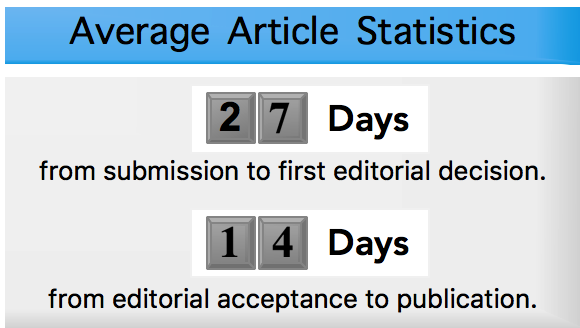Downloads
Abstract
Cooperatives are a major form of collective economy – an important economic component, the basis for the development of the national economy. The development of the collective economy has become a cross-cutting and consistent policy of The Communist Party and the State of Vietnam in the transition period to socialism. Since 1986, clearly defining that role and its importance, the Communist Party Committee of Ho Chi Minh City proactively had supportive policies, at initial stage, in terms of facilities, legal matters and change of business production direction. In the first ten years after the renovation, the development of the cooperative faced many difficulties due to the change of policy and mechanism from the subsidized centrally planned economy to the market economy. Since 1996, when the Law on Cooperatives came into existence, it created a legal basis, contributing to promoting the development of cooperatives in many economic fields. On that basis, Ho Chi Minh City paid more attention to the development of cooperatives. Directives and specialized resolutions on cooperatives were formulated, and specific policies on cooperatives were formed. As a result, over the past 30 years, cooperatives have gradually recovered and developed in many economic fields, becoming an economic component in the economic structure of the city. In addition, the cooperatives also contribute significantly to creating jobs, increasing incomes and improving people's lives in the city. In the current context, cooperatives in the City need to innovate more strongly to adapt and to develop.
Issue: Vol 4 No 4 (2020)
Page No.: 596-602
Published: Feb 20, 2021
Section: Research Article - Social Sciences
DOI: https://doi.org/10.32508/stdjssh.v4i4.615
Download PDF = 412 times
Total = 412 times

 Open Access
Open Access 








